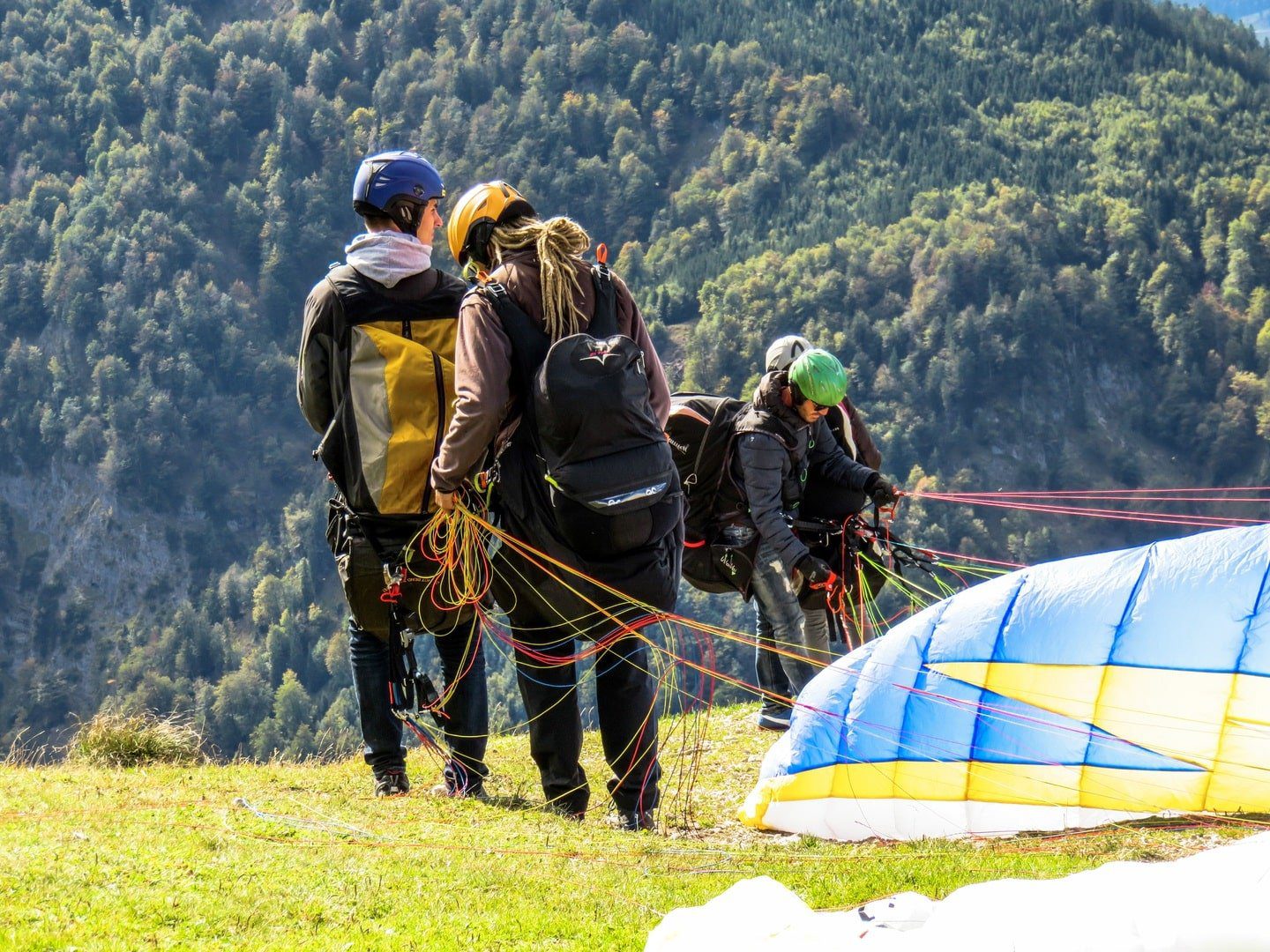
As global attention zeroes in on Russia’s geopolitical manoeuvres in Ukrainian territories, a nuanced examination of recent internal developments unveils a multifaceted landscape. This comprehensive report meticulously dissects the intricacies of inner turmoil brewing within the Russian military, a noteworthy surge in surrenders propelled by extreme weather conditions, and the aviation challenges compelling Siberian airlines to extend the operational lifespan of ageing Antonov aircraft.
Half a Battalion Flees to the Forest
In a leaked phone call recently intercepted by Ukraine’s Military Intelligence Directorate (HUR), a high-ranking Russian soldier provides a disconcerting snapshot of internal discord. This soldier, ostensibly in a leadership role, vents frustration as his district commander, known by the moniker Wolf, accuses half of the troops under his command of desertion.
The leaked conversation exposes potential communication breakdowns within the Russian military hierarchy. It raises unsettling questions about the authenticity of the reported desertion. The soldier’s vehement denial hints at a lack of cohesion or awareness within the ranks, spotlighting a concerning facet of internal military dynamics that demands urgent attention.
[adinserter name="Three"]Cold Weather Spurs Russian Surrender Surge
Against the harsh winter tightening its grip on the region, Kremlin forces find themselves grappling with an unexpected surge in surrenders along Ukraine’s extensive frontline. The severe cold, coupled with logistical challenges, has led to a notable reduction in ground attacks, with reports indicating that Russian troops, confronting adverse weather conditions, are surrendering at an escalated rate.
The Ukrainian Army General Staff attributes this surge to frostbite and challenging field conditions, suggesting a potential strain on the morale and preparedness of Russian forces. The evolving weather dynamics are prompting a reassessment of military strategies, highlighting the vulnerability of Russian troops in the harsh winter environment and the potential for internal dissent due to challenging conditions.
Airlines Extend Lifespan of Antonovs
Siberian Airlines, Polar and Angara find themselves at the intersection of geopolitical tensions and logistical constraints. Faced with sanctions impacting the maintenance of modern Western aircraft, these carriers have submitted requests to the Kremlin to extend the service life of their ageing Antonov planes. These propeller-driven aircraft, designed in the 1950s and produced in Ukraine until a decade ago, have been the stalwarts of Russia’s aviation fleet.
[adinserter name="One"]The decision to prolong Antonov’s operational lifespan underscores the multifaceted challenges of maintaining a diverse and functional aircraft fleet. This strategic move carries implications beyond the airline industry, reflecting the broader impact of international sanctions on Russia’s domestic infrastructure and its ability to sustain critical services amidst geopolitical complexities.
[adinserter name="Four"]Conclusion
An exhaustive understanding of its internal dynamics becomes imperative before Russia can fully realize its external ambitions in Ukrainian territories. The inner turmoil within the military, exacerbated by weather challenges and aviation woes, presents a multifaceted challenge that demands a strategic, comprehensive response. Addressing these internal issues is a precondition for maintaining military readiness and a strategic imperative for successfully navigating the intricate geopolitical complexities shaping Russia’s current landscape.
[adinserter name="Five"]Frequently Asked Questions (FAQs)
-
What does the leaked phone call reveal about internal turmoil in the Russian military?
The intercepted phone call, released by Ukraine’s Military Intelligence Directorate, exposes internal discord within the Russian military. In the conversation, a high-ranking soldier, seemingly in a leadership role, expresses frustration as his district commander accuses half of the troops of desertion. This highlights potential communication breakdowns and raises questions about the authenticity of reported internal dissent.
-
How is the harsh winter weather impacting Russian military operations and contributing to a surge in surrenders?
The severe winter conditions gripping the region have led to a reduction in ground attacks by Kremlin forces along Ukraine’s extensive frontline. Reports indicate an unexpected surge in Russian troop surrenders, attributed to frostbite and challenging field conditions. The weather dynamics prompt a strategic reassessment, underlining the vulnerability of Russian forces in harsh winter environments and the potential for increased internal dissent.
-
Why are Siberian airlines extending the operational lifespan of Antonov aircraft, and what broader implications does this decision carry?
Facing sanctions impacting the maintenance of modern Western aircraft, Siberian airlines such as Polar and Angara have sought approval to extend the service life of their aging Antonov planes. These propeller-driven aircraft, designed in the 1950s, have been a mainstay of Russia’s aviation fleet. The decision underscores the challenges in maintaining a diverse and functional aircraft fleet and reflects the broader impact of international sanctions on Russia’s domestic infrastructure, affecting critical services amidst geopolitical complexities.






